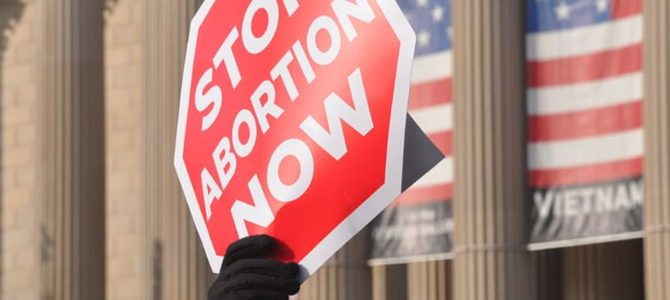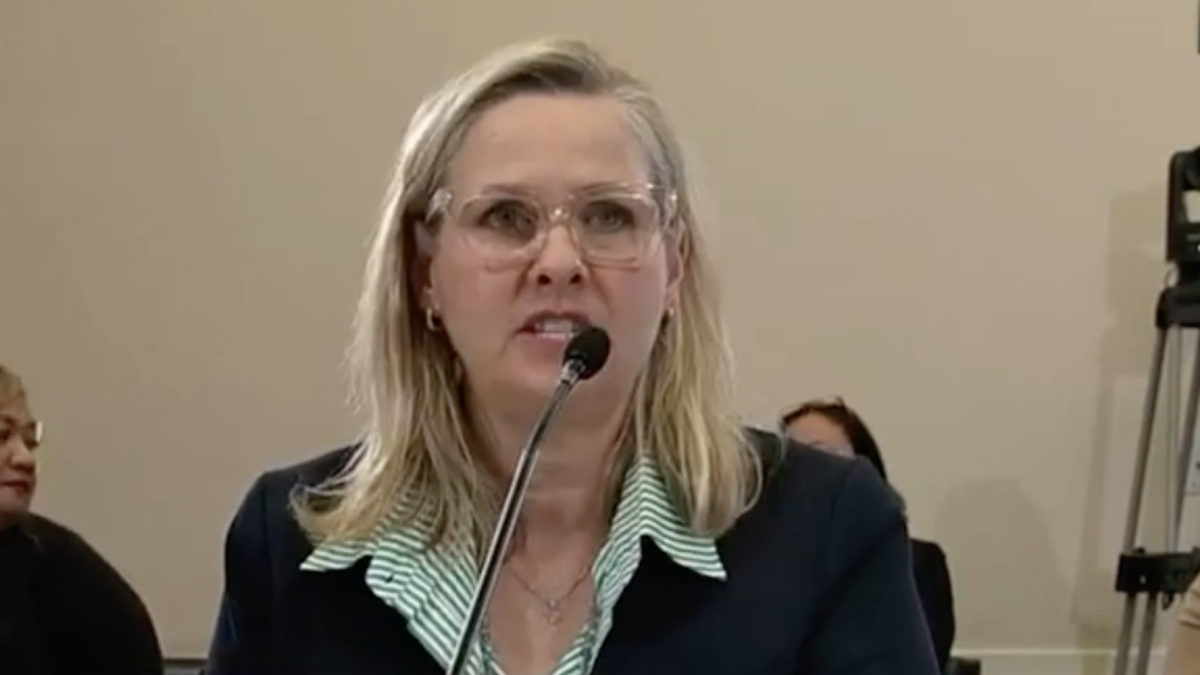Forty-seven years ago to date, the Supreme Court handed down the landmark decision in Roe v. Wade in a move of sweeping judicial activism, legalizing abortion in violation of natural law through a fanciful and fatal reading of the 14th Amendment’s due process clause. In a 7-2 vote, the bench decided the clause — “nor shall any State deprive any person of life, liberty, or property, without due process of law” — included a “right to privacy” that gave women license to kill their unborn children in the womb.
Now nearly 50 years later, Americans are engaged in a vigorous tug of war over human life. And although the political left and 2020 Democratic presidential candidates endlessly strive to out-progressive each other on abortion policy, a new poll reveals bipartisan support for abortion restrictions.
The latest annual, nationwide Marist/Knights of Columbus poll shows most Americans, 70 percent, desire significant restrictions on abortion, such as limiting it to the first trimester, permitting it only in cases of rape or incest or to save the mother’s life, or prohibiting abortion altogether. In fact, even 47 percent of people who identify as “pro-choice” want some form of these restrictions.
The poll finds most Americans also want to vote for a candidate who supports significant restrictions on abortion, including more than 60 percent of independents, and even 44 percent of Democrats. This may be partially due to the fact that Americans understand abortion restrictions don’t have to threaten women’s well-being and rights. Eighty percent of survey respondents agree that laws can protect both women and the lives of the unborn, compared to only 14 percent who say laws must choose between protecting one or the other.
2020 Democratic presidential hopefuls have repeatedly called for nearly unfettered abortion access, insisting it’s what most Americans want. Sen. Elizabeth Warren’s abortion policy proposals include prompting Congress to pass laws establishing an “affirmative and statutory” right to abortion, which would codify Roe v. Wade and prohibit states from enacting restrictions. Warren also supports repealing the Hyde Amendment to expand taxpayer funding of abortion.
“The overwhelming majority of Americans have no desire to return to the world before Roe v. Wade. And so the time to act is now,” Warren said.
When it comes to the courts reconsidering Roe v. Wade, however, the majority of Americans want it reinterpreted, with 46 percent of the Marist poll respondents wanting each state to determine its own restrictions, and 16 percent wanting abortion made illegal.
This public opinion runs directly contrary to the platforms of 2020 Democratic contenders. Former Vice President Joe Biden has flip-flopped throughout his career, most recently on the Hyde Amendment. In June his campaign announced he would support Hyde and less than 48 hours later reversed their position after facing backlash from abortion advocates. According to Politico, Pete Buttigieg supports few if any limits on abortion. In September, Buttigieg tried to justify abortion up until the moment of birth, saying the Bible talks about “how life begins with breath.” Bernie Sanders has even advocated abortion as a means of population control to curb climate change.
As 2020 Democrats continue to move left on issues like abortion, they risk ostracizing the majority of voters who value human life inside and outside the womb.
“Congress should act to ensure that the will of the people remains the law of the land,” Warren said in regard to Roe. The senator might just change her tune if she were honest about what the people’s will actually is.
The Marist/Knights of Columbus annual poll interviewed 1,237 U.S. adults and has a ±3.7 percentage point margin of error.








